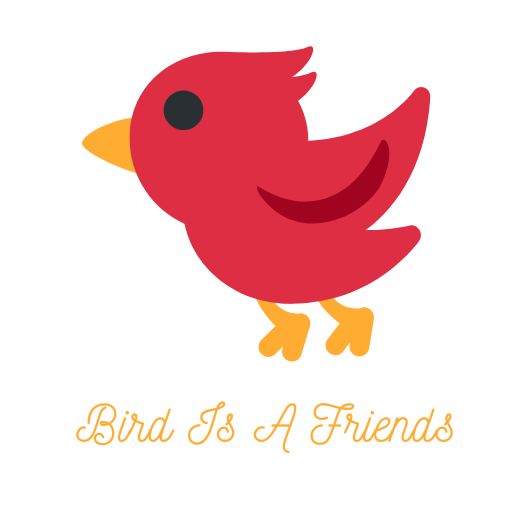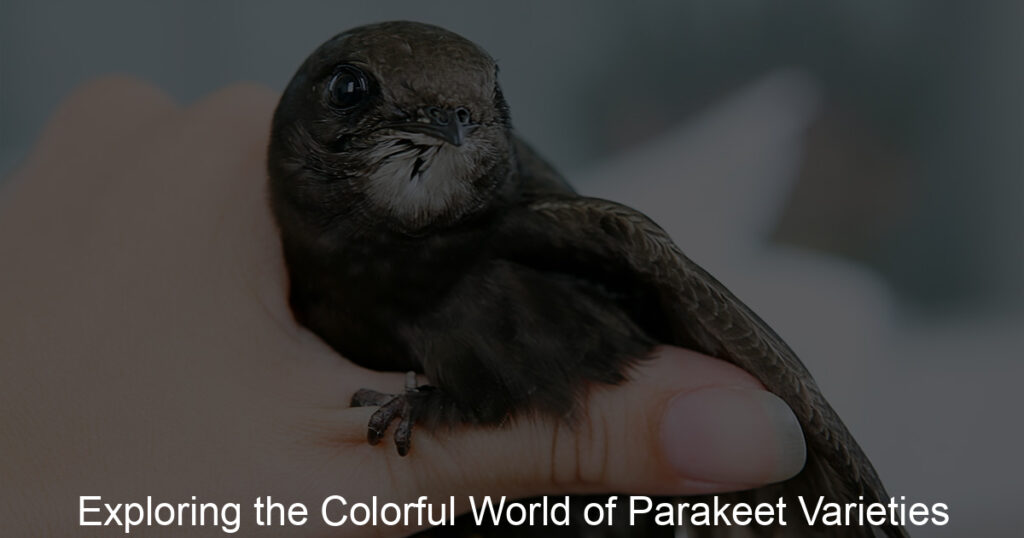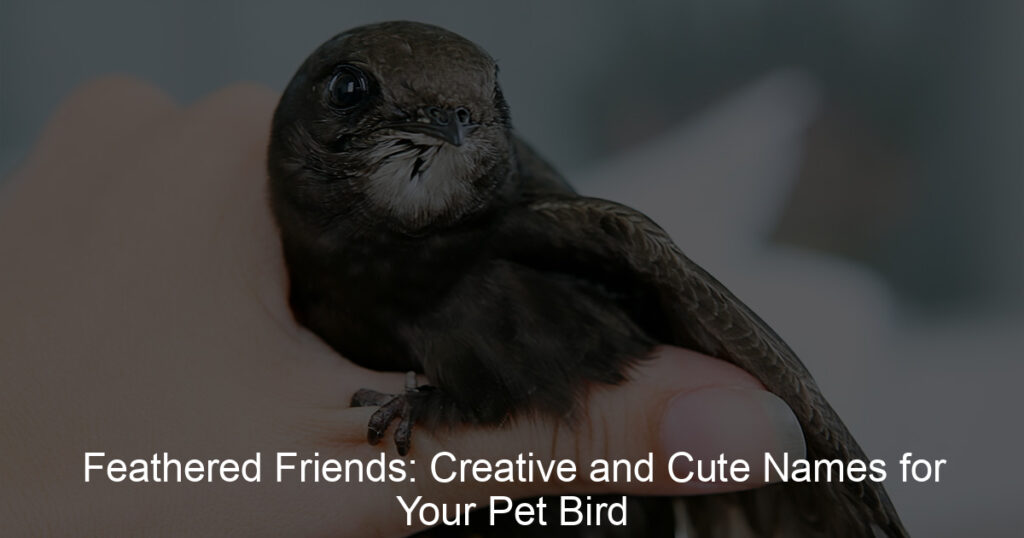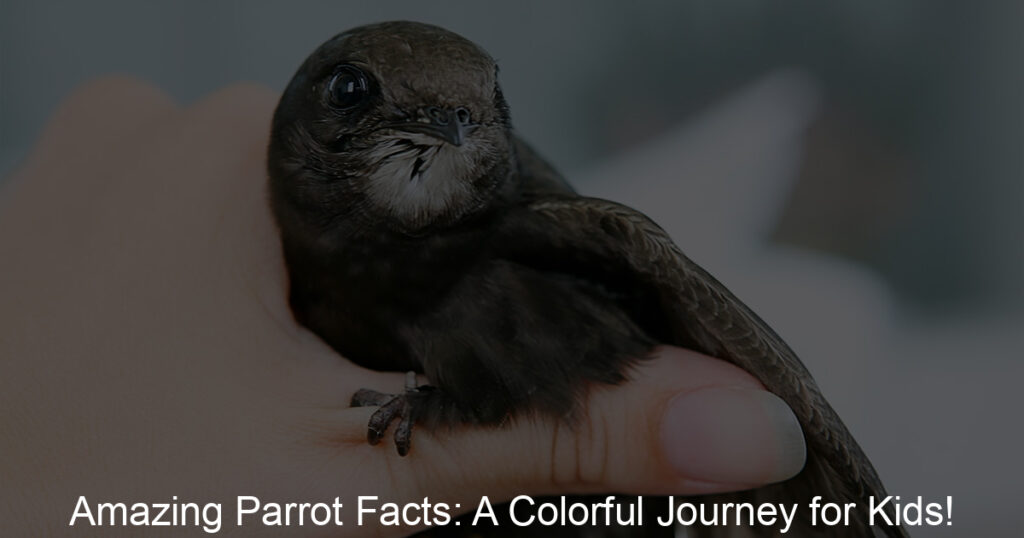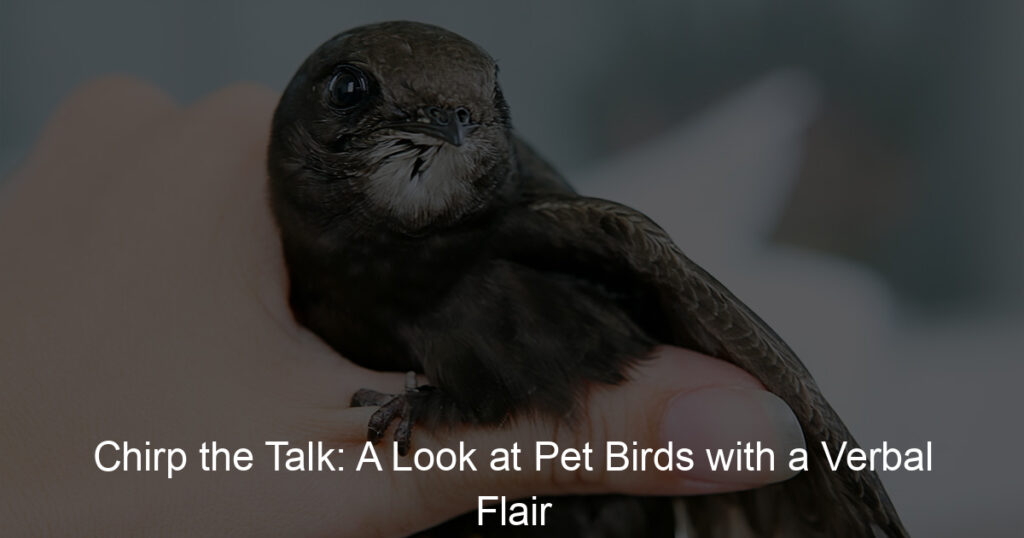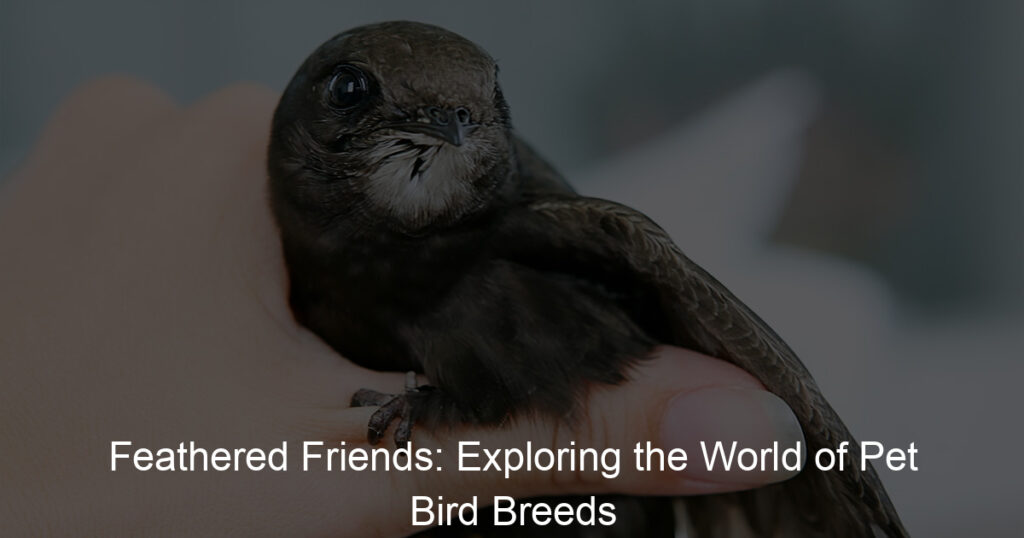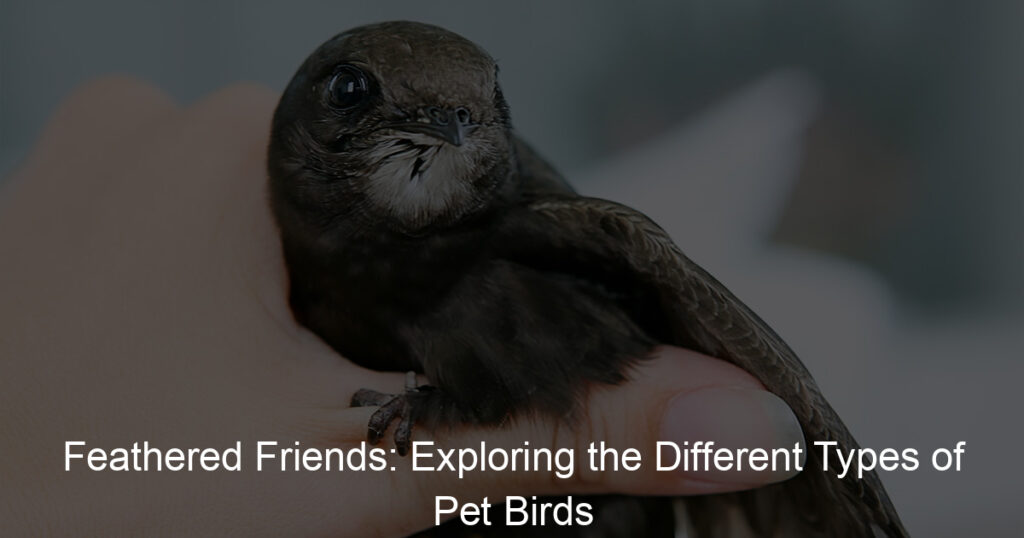If you’re looking to grow your feathered family with the addition of a baby canary, then congratulations! You’re in for some amazing memories and lots of fun – especially as these little birds are full of color, personality, and intelligence.
However, it’s important to take care when handling and caring for baby canaries; you want them to live a long and happy life after all! In this blog post, we’ll explore everything from what kind of environment makes them feel most comfortable to how best to handle them without causing distress.
With our helpful tips on hand rearing, cage setup, and maintenance as well as diet advice you will be able to set up the perfect home for your new feathered friend. Ready? Let’s get started!
What do baby canaries need?
Baby canaries require a lot of special care to remain healthy and thrive. They need all the necessities for survival, such as the appropriate temperature, a comfortable nesting area, food that meets their nutritional needs, and plenty of clean water.
Additionally, it is important to provide baby canaries with a safe space from any potential predators or disturbances. Providing them with a variety of activities and toys will also help stimulate their young minds and entertain them throughout the day.
Baby canaries are social creatures and so having other birds present will ensure they don’t grow up feeling isolated or lonely. Taking care of baby canaries is an incredibly rewarding experience that provides owners with both physical and emotional joys.
What to do when your canaries have babies?
Watching canaries raise their babies is a special moment for any bird enthusiast. Caring for baby birds is not as complicated as it might seem. The most important step is to provide the mother and her chicks with a safe, clean environment in which to reside.
This means keeping other pets away from the nesting box and keeping the box free of dirt and debris. Balance dietary needs by providing seeds, fruits, and vegetables to both parents and fledglings in an appropriate way for each group; for example, only feed soft foods such as noodles, applesauce, or mashed potatoes to babies since their bills are not strong enough yet to crack seeds.
With proper care on your part, you will be able to witness the full life cycle of birds!
At what age do baby canaries eat on their own?
Baby canaries develop their wings and become independent usually around 6 weeks of age, at which point they are capable of flying and foraging for their own food.
With proper nutrition from parents or from a breeder, baby canaries can survive on their own by the time they are 8 weeks old. At this age, they should have a good dietary foundation to sustain them until they become fully grown adult canaries in 12-14 weeks.
A balanced diet of seed mix, fresh vegetables, and fruits as well as an assortment of millet sprays will provide baby canaries with all the nutrients they need to thrive independently.
How often do you feed baby canaries?
Canaries are enjoyable pets for many households and require only minimal daily maintenance. To ensure a healthy diet and happy birds, canaries should be fed twice daily, once in the morning and once in the evening.
Younger birds will need to eat more frequently than adults as they are growing rapidly. A variety of seed mixes and fresh fruits are available at pet stores that are designed specifically for canaries’ nutritional needs.
Pelleted feed is also advised as it is fortified with vitamins and minerals. An occasional treat like millet or mealworms are nice additions to their diet that your canary will enjoy, but should not comprise more than 10% of their total nutrition intake.
Feeding baby canaries daily helps ensure a well-balanced diet, giving them the essential nutrition they need to live long, healthy lives.
How do you keep a baby canary warm?
Keeping a baby canary warm is important to ensuring its health and growth. An ideal temperature range to keep the nestling warm is 75°F – 85°F. The best way to maintain these temperatures is to place the cage in a draft-free area out of direct sunlight and ensure you have appropriate bedding materials that will help to insulate the bird such as shredded paper, canvas, or cotton cloth.
Additionally, supplemental heating sources such as heating pads under one half of the cage during cold weather should also be considered as an additional heat source.
Finally, check on your canary often and make sure they are not becoming chilled or too hot as these conditions can put them at risk for disease.
Do canaries need direct sunlight?
Canaries are a type of songbird native to the Macaronesian islands that have been kept as pets since the eighteenth century. They require sunlight for proper growth, health, and singing ability – just like any other bird.
But unlike most birds, canaries cannot synthesize Vitamin D from indirect light sources such as UV lamps or even standard household lighting. Instead, they need direct sunlight and natural Vitamin D to thrive.
If canaries are not given access to direct sunlight and enough time outside every day, they may develop serious health problems including muscle wasting, respiratory infections, and behavioral disorders such as feather plucking.
As with any pet, it is important to research the animal carefully before bringing one home so you can make sure you provide them with everything they need!
Summary
Caring for and handling baby canaries is a challenging but rewarding experience. From daily maintenance activities such as misting the baby birds with water to hygiene habits including changing the cage substrate frequently, it’s important to ensure your new feathered family members have a safe and comfortable environment in which to thrive.
Although it requires time, patience, and dedication, owning baby canaries is so very worth it. You will develop strong relationships with them, and form remarkable bonds and experiences that you won’t forget.
Moreover, you will marvel at their beauty—both physically and in terms of their singing capabilities—and the work needed to keep them healthy and happy will be fully rewarded by loving interactions with these precious little bundles of energy.
